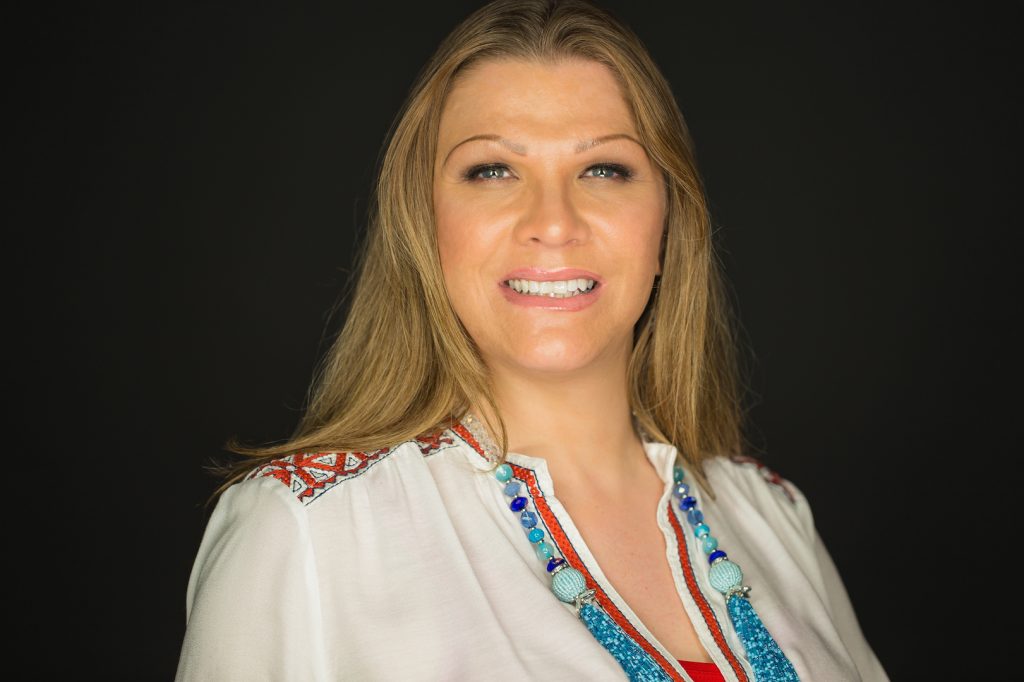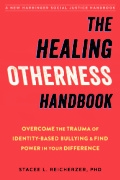Jealousy is one of those emotions that we all have and which can lead us down paths of destruction, both personally and relationally. Rarely do we talk about the role jealousy plays in our lives as a potentially healthy or at least illuminating experience that we can leverage to understand our wants and needs. In today’s blog, I’ll share ideas in using jealousy as a tool for change so that you can avoid seething in it and taking actions that do not help you.
Jealousy is undoubtedly one of the most complex emotions we have. When it occurs for us, we’re not always aware of it, so we fail to isolate it, fail to name it. Anger, sadness, joy, infatuation…all are emotions that we understand when we encounter them. Sometimes they overlap, and we have anger and sadness, or even sadness and relief (as when we witness the passing of a person we loved who was sick or in pain for a long time). We tend to see and understand these emotions somewhat clearly because they have a much more traceable cause and effect.
What makes jealousy so different is that it often comes up unexpectedly. It’s a somewhat embarrassing emotion because it tends to reflect an area where we feel less certain about ourselves or even inadequate. The physically fit and attractive sister, the neighbor with the attentive spouse, the successful coworker…all sorts of people in differing circumstances can trigger our jealousy. When we are jealous of a person, it’s often reflected in our actions. We may use sarcasm with or about the individual, engaging in gossip or other undercutting behaviors. Maybe we’re outright rude or pretend to ignore all together. We fabricate additional elements to the person’s story, pretending that she or he is arrogant, a bootlicker, vain.
All of these actions veil us from insight into our own wants and needs. We don’t have to act blindly, though. Like any emotion, jealousy is neither good nor bad. It doesn’t feel particularly good, of course; but not feeling good about something is actually very insightful. All emotions, irrespective of what it’s like to have them, are really a barometer to help us understand whether a situation is truly right for us. As such, if we spend time feeling our emotions fully before we act, we can come to understand their nature and thus use them as a tool for changes we’d like to make.
Let’s say for example that you are dating an ex-boyfriend of mine and that I never really got over him. In addition to whatever hurt, guilt, and other emotions that we often experience with messy breakups, I would also feel jealous of your relationship. If I stop to examine it though, I might realize that this is coming from a sense that I should be in your place and having the life you’re having with him. This is the heart of jealousy; seeing someone else in a space that we wish was ours.
Were I to spend more time with it and allow myself the clarity of honest reflection, I could recognize that as much as I’m idealizing myself in a relationship with him, it isn’t where I am supposed to be right now. Perhaps I was bored in the relationship and stopped attending to it, or was never particularly invested (or didn’t demonstrate that I was). Perhaps he was never as invested as I was. Irrespective, I can recognize that as much as I think I want that situation that I do not have, it clearly isn’t for me or I would have it. As much as I’d like to tell myself that his investment in a relationship with you is because of his faults (I’d list them) or yours (I’d find them), the truth would be that because there wasn’t mutual investment when he and I were a couple, the relationship was ultimately doomed to fail.
Taking this a step further, I can gain insight into what I want and need in a relationship which can guide my decision-making for the future. If I’m smart about it, I can look toward people who can give me things I want but without the problems that occurred in the relationship I had with him.
This is true insight. It is also a healthy use of jealousy.
Let’s next imagine that you and I are co-workers and that you receive a higher performance rating and better raise than I. Presupposing that I can’t realistically identify a serious concern like discrimination (in which case, I should follow the appropriate HR and legal channels), I may tell myself that it’s because you kissed up to the boss, that you’re younger and cuter than I, or some other aspect of you that I can easily dismiss. Maybe I justify my stance by talking about you to coworkers, carefully weaving the tale to demonstrate how I’m the victim.
Do you see what I’ve done? By focusing the attention all on the character of you that I’ve created, I distort the real focus, which should be my own work performance. If I am willing to be honest, I may recognize that you in fact did a better job than I in some way. Maybe I can learn a thing or two to improve, or maybe the truth is that I’m not as invested in the job as you seem to be. Whatever it is, my time is better spent asking myself what I’d like to have that’s different instead of seething over it and disparaging you.
Jealousy is a hard emotion to acknowledge, let alone use for healthy decision making. We are forever being passed over, not receiving attention, struggling more, or in other situations in which someone else seems to be getting the goodies that we want for ourselves and believe we deserve. Where we fail in this is in our inability to recognize that if the situation was truly best for us, it would be us receiving the goodies. If it didn’t come our way, the love interest/promotion/big house/‘perfect’ face and body wasn’t ours to have.
This is an invitation to then consider what we wish to create for our life and thereby invite into it, based on who we are today and what we need to feel fulfilled.


